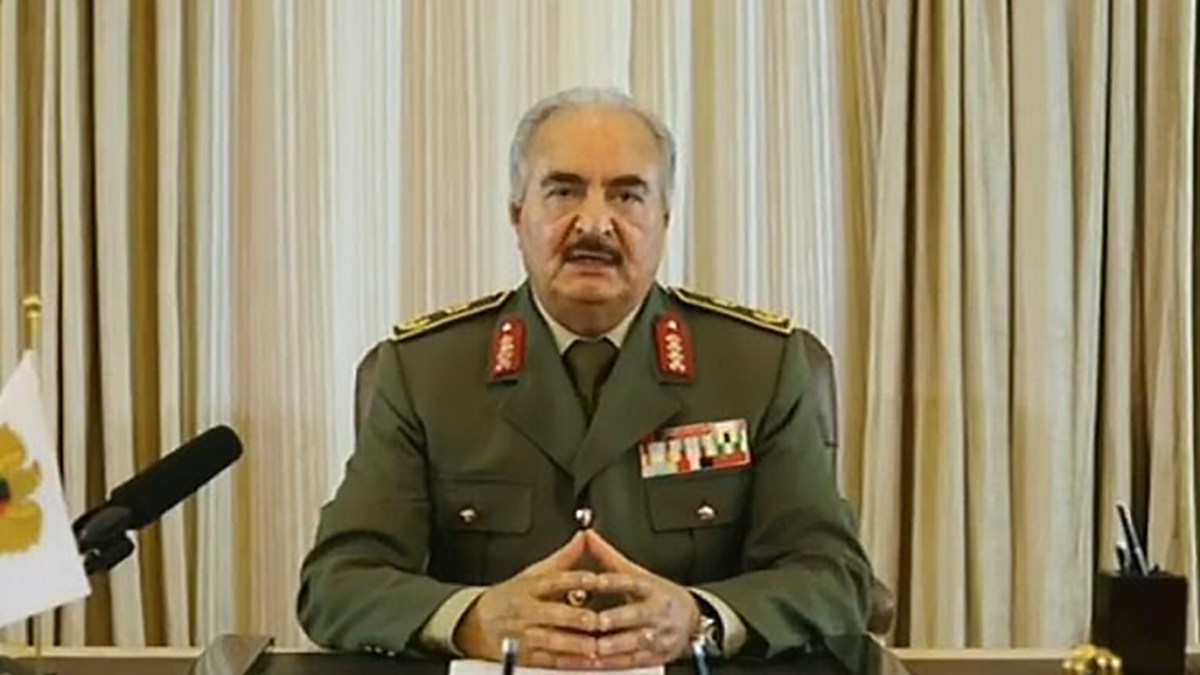US Assistant Secretary of State for Near Eastern Affairs Barbara Leaf discussed with retired Libyan General Khalifa Haftar preventing Russia's Wagner Group from further destabilizing Libya and Sudan.
The U.S. Embassy in Libya said Leaf spoke by phone on Thursday with Haftar about the urgent need to prevent outsiders, including Kremlin-backed Russian Wagner, from further destabilizing Libya or its neighbors, including Sudan.
In another tweet on Thursday, the embassy said the United States strongly supports efforts to end violence in Sudan and prevent further regional repercussions.
Assistant Secretary of State for Near Eastern Affairs Barbara Leaf spoke with LNA commander Khalifa Haftar about the urgent need to prevent external actors, including the Kremlin-backed Russian Wagner Group, from further destabilizing #ليبيا or its neighbors, including Sudan. https://t.co/0aCc5vQCAU
— U.S. Embassy – Libya (@USEmbassyLibya) April 27, 2023
Last Tuesday, Russian Foreign Minister Sergei Lavrov said during a press conference at the United Nations in New York that Sudan has the right to use the services of the Wagner Private Security Group, while US Secretary of State Antony Blinken expressed concern last Monday about the presence of the Russian Wagner Group in Sudan.
Since April 15, several Sudanese states have witnessed large-scale clashes between the army led by Abdel Fattah al-Burhan and the Rapid Support Forces led by Mohamed Hamdan Daglo (Hemedti), killing and wounding hundreds, most of them civilians.
In this regard, Lev discussed by phone – according to the US embassy – with the Minister of Foreign Affairs of the Libyan Government of National Unity, Najla Al-Mangoush, "the repercussions of the unfortunate situation in Sudan on regional security, as well as the importance of full support for the intensive UN efforts aimed at holding elections in Libya."
Libya is witnessing a political crisis represented by a conflict between the government of Fathi Bashagha, which was appointed by the House of Representatives early last year, and the government of Abdul Hamid Dabaiba, who refuses to hand over power except to a government assigned by a new elected parliament.
To resolve this crisis, the United Nations launched a previous initiative that did not lead to the organization of elections, before its envoy Abdullah Batili launched a new initiative on February 27, 2023, for the same purpose.

